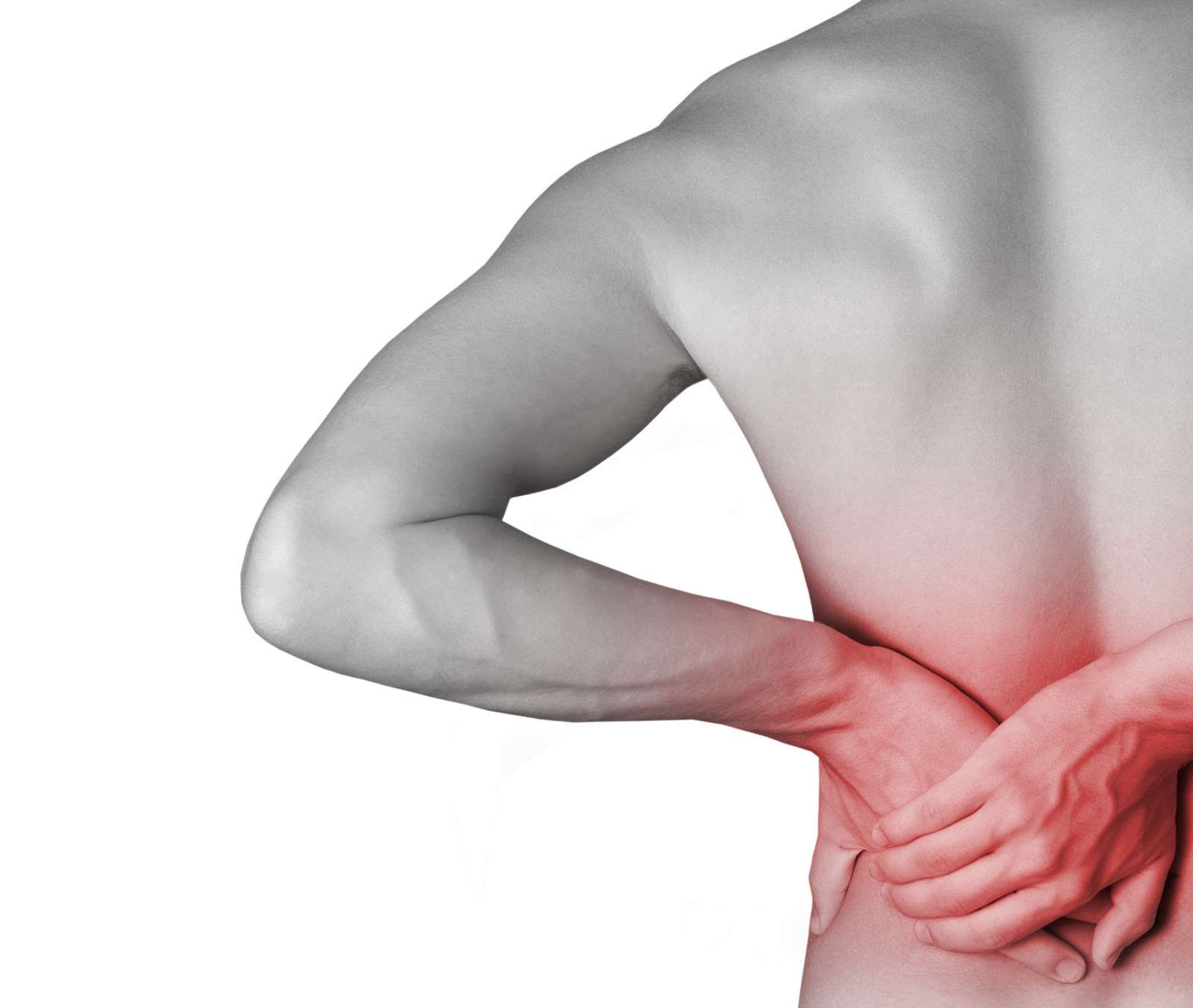Book Appointments for Cancer-related pain, nerve pains, bone, and joint pains, and spine pain can all be treated non-surgically at PainMed.Contact: 02 8999 1054 Thank you for taking the first step towards a truly holistic approach to the management of your pain. At PainMed we incorporate an interdisciplinary approach to ensure you have the best chance of recovery.
When it comes to preparing for your first appointment it’s simple. All you need to do is bring along your doctor’s referral letter, a list of all your medications, specialist reports (if you have any), and all your previous x-rays and scans.
We request for all our new patients to arrive at least 20 minutes before the scheduled appointment time to fill in a couple of health questionnaires. These questionnaires will help your doctor get a better understanding of your pain.
During your first appointment the doctor will take a detailed history of your pain, the treatments you’ve had and enquire about your general health.

You will also be asked questions to assess the impact the pain has on your daily living, both physically and psychologically. Since pain is a very personal experience, we also find it useful to know the person who has the pain and your doctor may touch upon your family and social circumstances.
This is followed by a thorough physical examination, review of any scans and formulation of a comprehensive pain management plan. Sometimes further tests like MRI, CT or bone scans may be recommended to reach a diagnosis.
This comprehensive management plan comprises of six core components:
1. Education
Firstly, an explanation of your pain and your pain condition
2. Lifestyle modifications
To ensure a productive and healthy lifestyle your doctor may suggest some lifestyle modifications like dietary advice, education on sleep hygiene, assistance with quitting smoking or even referral to specialised services for patients with substance use.
3. Medications
Ideally, we would like you to take the least amount of medications for your pain. Getting the right combination of medications is usually a balancing act between pain relief and side-effects.
4. Physiotherapy
Our goal is to make you physically fit and active. This requires incorporating active physiotherapy principles and addressing issues like pacing and behavioral avoidance.
5. Psychological therapies
High levels of stress, anxiety and depression are associated with poor outcomes. Psychological therapies may be recommended to address these issues.
6 Interventional Pain therapies
For patients with intractable pain, your doctor may recommend therapies like spinal injections, infusions or more advanced therapies like spinal cord stimulation.